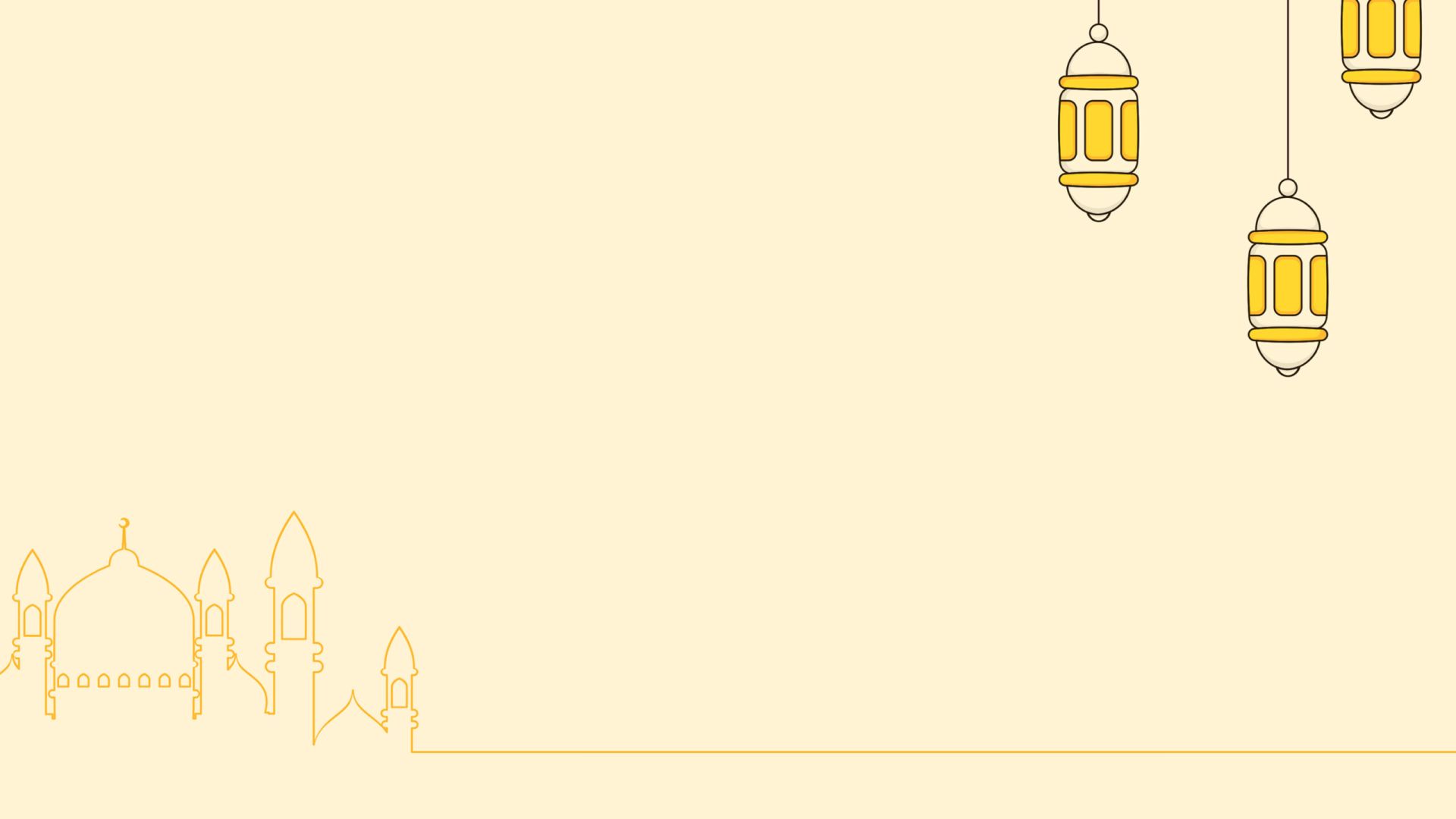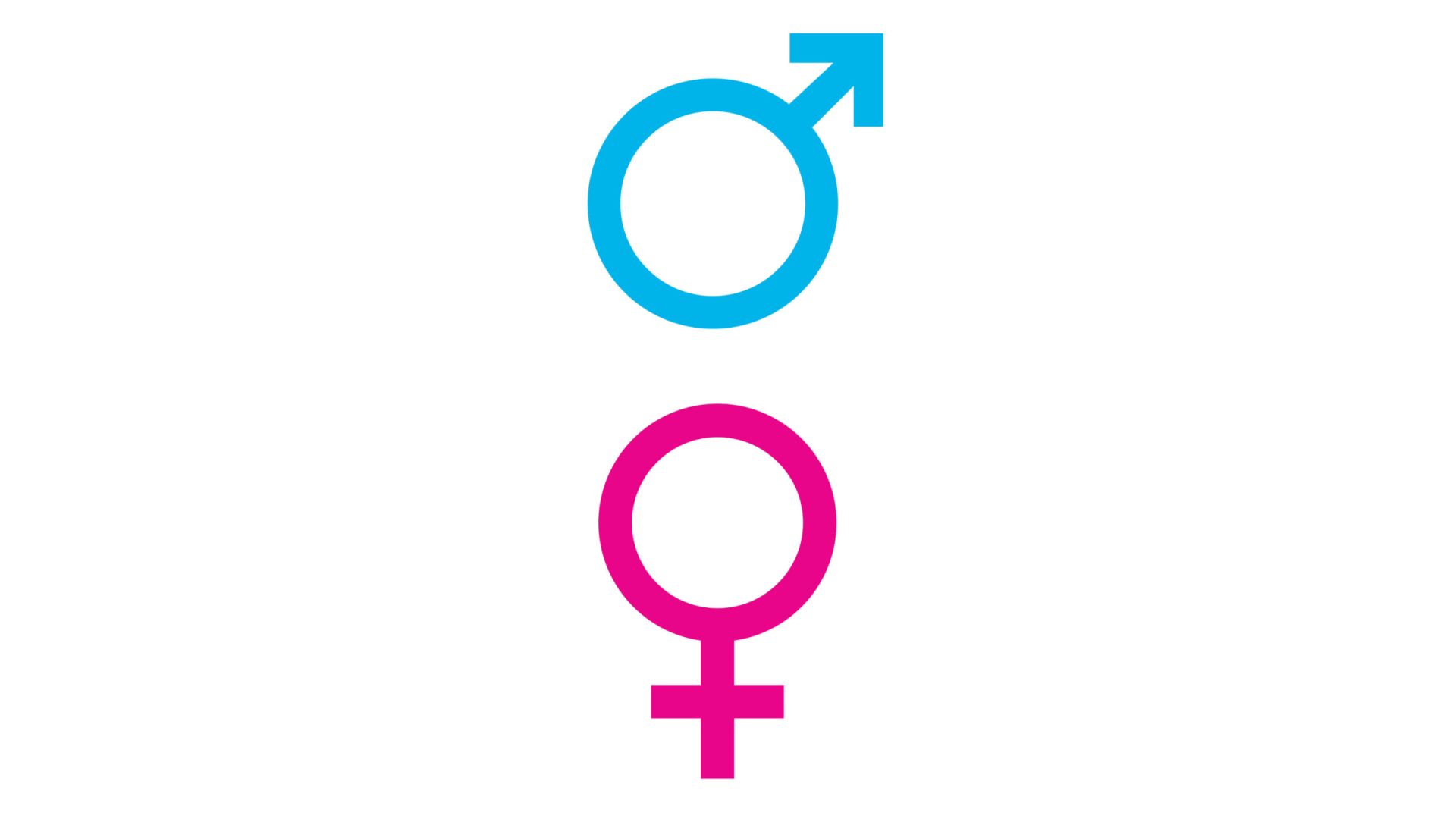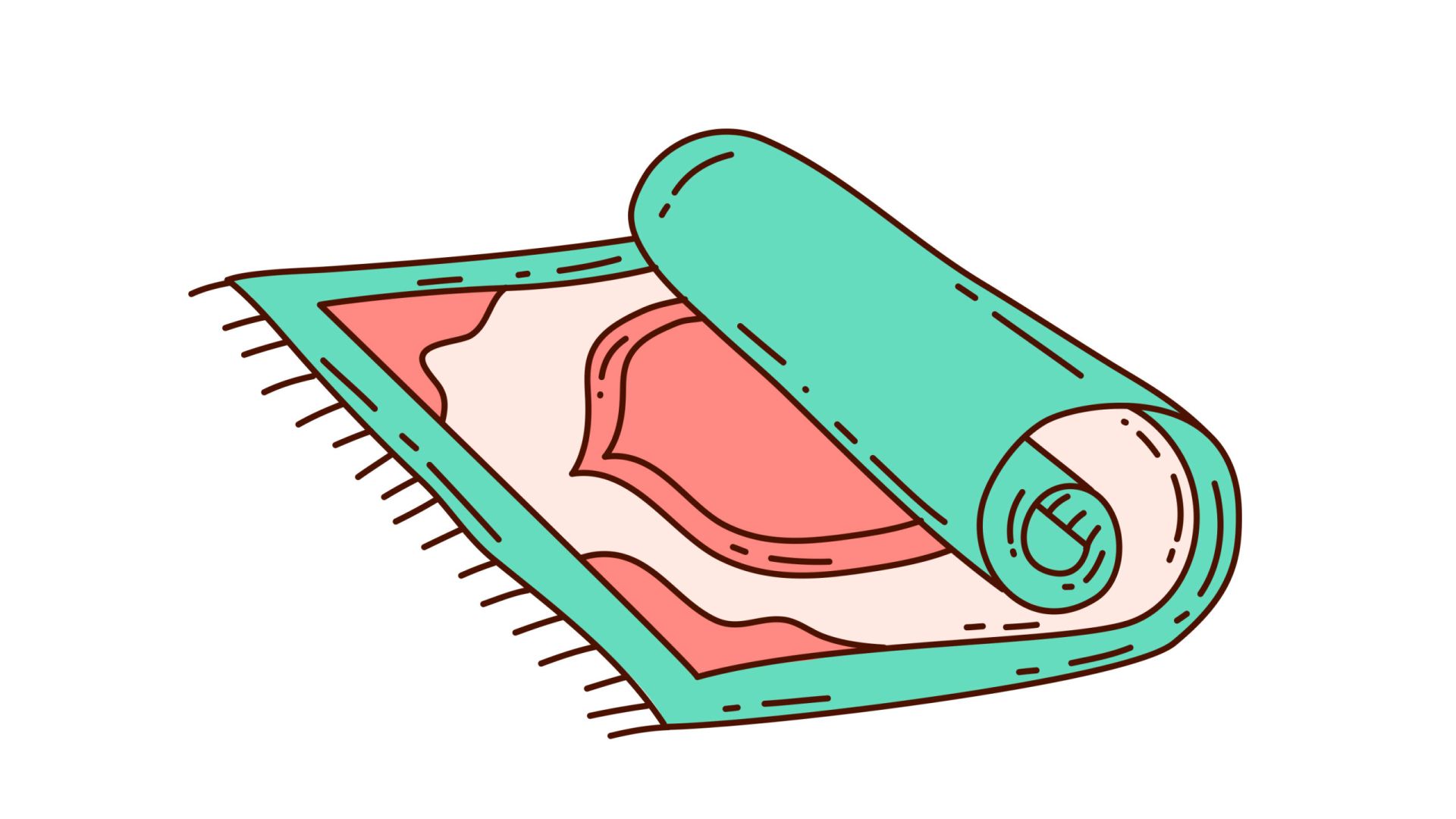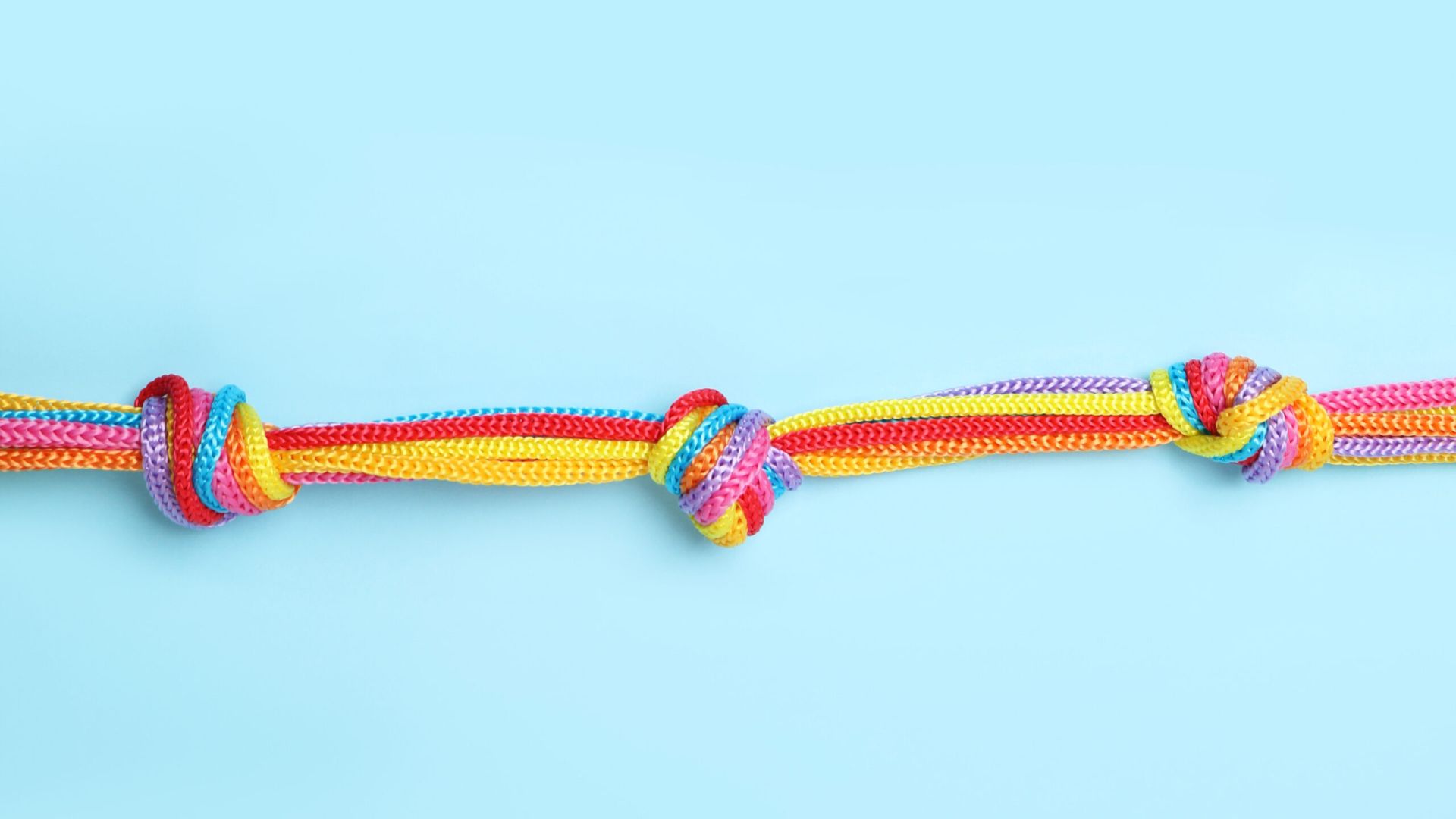Food and Eating Habits According to the Sunnah
Imām Ibn Qayyim al-Jawziyyah


It is sufficient for the son of Ādam to eat a few mouthfuls, to keep him going. If he must do that (fill his stomach), then let him fill one third with food, one third with drink and one third with air.
Food
[1]: When he put his hand in the food, he would say, “Bismillāh (with the Name of Allāh),’’ and he told people to say this when eating. He said, “When any one of you eats, let him mention the name of Allāh. If he forgets to mention the name of Allāh at the beginning, let him say ‘Bismillāhi fī awwalihi wa ākhirihi,’ (with the name of Allāh, at its beginning and at its end).”2 The correct view is that it is obligatory to mention the name of Allāh (say Bismillāh) when eating. The aḥādīth which state this are ṣaḥīḥ (authentic) and are clear, with no contraḍīctions in them.
[2]: When he raised the food to his mouth, he would say, “Al-hamdu lillāhi hamdan kathīran tayyiban mubārakan fīhi, ghayra [makfiyyin wa lā] muwadda’in, wa lā mustaghnan ʿanhu Rabbanaa ’azza wa jal All praise is to Allāh, praise in abundance, good and blessed. It cannot [be compensated for, nor can it] be left, nor can it be done without, our Lord.3
[3]: He never criticized food at all. If he liked it, he would eat it, and if he did not like it, he would leave it and not say anything.4 Or he would say, “I do not feel like eating this.”5
[4]: Sometimes he would praise the food, as when he asked his family for food, and they said, “We have nothing but vinegar.” He asked for it and started to eat it, saying, “What good food is vinegar.”6
[5]: He used to talk whilst he was eating, as is seen from the report quoted above about vinegar. And he said to his stepson ʿUmar Ibn Abī Salamah (raḍī Allāhu ʿanhu) when he was eating with him: “Say Bismillāh and eat from that which is in front of you in the dish.’’7
[6]: He would repeatedly urge his guests to eat, as generous hosts do, and as is seen in the ḥadīth of Abū Hurayrah (raḍī Allāhu ʿanhu), related by al-Bukhārī, about the story of drinking milk, where he repeatedly said to him, “Drink,” and he kept telling him to drink until he (the guest) said, “By the One Who sent you with the truth, I have no more room for it!”8
[7]: When he ate with others, he would not leave until he had made duʿāʾ (supplication) for them. He made duʿāʾ in the house of ʿAbdullāh Ibn Bishr, and said: “O Allāh, bless for them that which You have provided for them, forgive them and have mercy on them.”9
[8]: He commanded people to eat with their right hands and forbade them to eat with their left hands. He said, “The Shayṭān eats with his left hand and drinks with his left hand.”10 This implies that eating with the left hand is ḥarām (unlawful), and this is the correct view, because the one who eats with his left hand is either a shayṭān (devil), or he is imitating the Shayṭān. It was also reported in an authentic ḥadīththat he told a man who was eating with his left hand in his presence, “Eat with your right hand!” The man said, “I cannot.” He said, “May you never be able to,” and the man never lifted his right hand to his mouth after that.11 If it was permissible (to eat with the left hand), he would not have prayed against him for doing so. It was the man’s stubborn arrogance that made him refuse to obey the command, and this is the utmost disobedience that deserved this prayer against him.
[9]: He commanded those who complained that they never felt full to eat together and not separately and to mention the name of Allāh (say Bismillāh) over the food so that He might bless it for them.12
[10]: It was also reported that he said, “I do not eat reclining.”13
[11]:He used to eat using the first three fingers (of his right hand), which is the best way of eating.
The Prophet’s Guidance Regarding Eating
[1]: The Prophet ﷺ used to know what he was eating.
[2]: He used to eat what was good for him.
[3]: He used to eat enough to keep him going, but no so much as to make him fat. Ibn ʿUmar related that the Prophet ﷺ said, “The believer eats in one stomach whilst the disbeliever eats in seven.”14
[4]: He taught his Ummah something to protect them from diseases caused by eating and drinking. He said, “The son of Ādam does not fill any vessel worse than his stomach. It is sufficient for the son of Ādam to eat a few mouthfuls, to keep him going. If he must do that (fill his stomach), then let him fill one-third with food, one-third with drink and one-third with air.”15
Endnotes:
[1] Zād al-Maʿād (p. 2/397-406)
[2] Ṣaḥīḥ:Related by al-Tirmidhī (no. 1859) and Abū Dāwūd (no. 3767).
[3] Related by al-Bukhārī (no. 5142)
[4] Related by al-Bukhārī (no. 3370) and Muslim (no. 2064).
[5] Related by al-Bukhārī (no. 5076) and Muslim (no. 1946).
[6] Related by Muslim (no. 5052)
[7] Related by al-Bukhārī (no. 5061) and Muslim (no. 2022).
[8] Related by al-Bukhārī (no. 6087)
[9] Related by Muslim (no. 2042)
[10] Related by Muslim (no. 2020)
[11] Related by Muslim (no. 2021)
[12] Ṣaḥīḥ: Narrated by Abū Dāwūd (3764) and Ibn Mājah (3286).
[13] Related by al-Bukhārī (no. 5083)
[14] Related by al-Bukhārī (no. 5081) and Muslim (no. 2060).
[15]: Ṣaḥīḥ: Related by al-Tirmidhī (no. 1381)and Ibn Mājah (no. 3349). It was authenticated by Shaykh Muḥammad Nāṣir al-Dīn al-Albānī in Silsilah al-Aḥādīth al-Ṣaḥīḥah (no. 2265).







